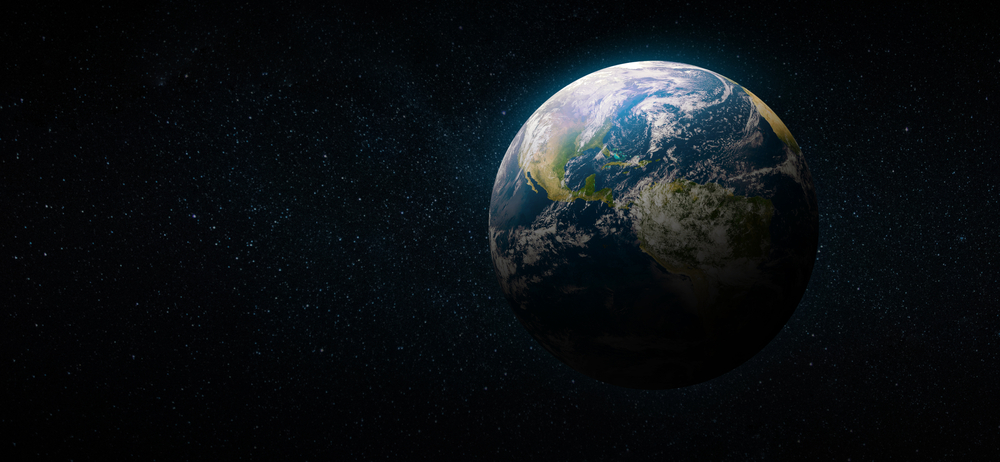Editors | Jan/Feb 2009 issue
Rinaldo Brutoco is the founder and director of The World Business Academy in Ojai, California. Through lectures and publications, the Academy works to promote a shift in mentality among business leaders toward corporate responsibility and values-driven leadership. Here Brutoco shares his thoughts on the ethics of business and the current economic crisis.
Q. What is at the root of the economic crisis we’re facing today?
A. Current events show that society desperately needs business to take responsibility for the whole of society. For years business was encouraged to see itself as swashbuckling and raiding rather than contributing to and building an economically just society. In the end, when greed dominates then you get exactly the kind of crisis we now have.
At the World Business Academy we view business as a very practical mechanism for social betterment and we believe that approach is in the best interest of business as well. No one can tell me the greed we permitted and encouraged for the last eight years in our country has served anyone well. These people have not even been good for themselves in the long run and certainly not for their shareholders. As businesspeople, we have to ask ourselves, are you in business to provide some good or service that society needs or that it wants, that is legitimate to provide? If not you shouldn’t be entitled to all special dispensations that come with being in business. If businesses do not improve society, they harm it.
Q. What can help to shift the culture of business to have a healthier long-term impact on society?
A. I have never heard about in my life a single challenge facing human society that we can’t solve today. The problem is we don’t have an even playing field, we have distortions. So when one team grabs the ball–such as the fossil fuel industry–it can use its influence to distort the political process and become entrenched. Then it can use egregious profits to lobby congress to get more benefits such that renewable energy doesn’t have an even playing field. In order to change the culture of business, you should support good regulation. Good regulation improves society and makes it easier for all of us to be profitable and successful. When you create a culture of greed, rather than of service you get these distortions. I think we can do really well creating a culture of service.
Q. What role should business play in a sustainable and just society?
A. Business controls everything, but as businesspeople we have to ask ourselves, at the end of the day, what are we working for? Is it so our communities can prosper and create a better life for ourselves and our families? If we are pursuing profit for profit’s sake at all costs, that is the ideology of a cancer cell. What does a cancer cell do? It grows just to grow and chokes off blood flow and oxygen to tissue around an organ. That’s how it kills. Economic cancer kills in the same way. It chokes off the blood flow, or liquidity of an industry. In the Academy, we view business as a privilege; to be able to use our skill in business to advance the interest of society is the appropriate role of business, and it’s time we hold ourselves to that.
Q. Is it possible to conduct business with respect for spiritual values?
A. The first meeting we had in 1986 we discussed spirit in business, we thought no one would be willing to link those words in the same paragraph. What we’re talking about is not religious experience, but a deeper connection. What would it look like if you bring your compassion as well as your intellect to work, not only your left brain but your right brain? What would you do if you cared ultimately about how everyone in society fares? Spirit in business is mainstream now. We want whole human beings sitting at desks in offices. We want sensitivity, compassion, responsibility and integrity.
If you were a business manager and put someone in charge of a plant named Earth, you’d fire the general manager. Whoever’s running Earth doesn’t know what they’re doing. Look at it: it’s a mess. We have a climate crisis which left as it’s currently going will make earth uninhabitable. We have pollution, poverty. We have 37,000 children who die every day because of poverty. What kind of society would tolerate that many children dying that way? Only a society that has forgotten who and what they are. We are human beings and we got caught up in too much human doing. We need to return to human “being”. When we do that, the competencies of business, what it is capable of, properly motivated and directed can solve every problem in the world, better than any other institution. But if all the people with heart stay out of business, we’ll get more problems like the ones we already have.
Interview with Rinaldo
More of Today's Solutions
It’s kitten season! How to help overwhelmed shelters manage the influx of kit...
Kitten season has arrived, bringing with it an irresistible wave of feline cuteness. However, behind the scenes, animal rescues and shelters are dealing with ...
Read MoreHow to cut down on your food waste
Cutting down on food waste helps the environment in a number of important ways. Most obviously, it saves the resources and energy that go ...
Read MoreHow to keep an eye on your eye health
As we age, we can become more vulnerable to developing age-related eye conditions, diseases, and vision loss. The best way to stave off, or ...
Read MoreCRISPR-Cas9 may be able to solve obesity
Cases of obesity have been steadily increasing worldwide, especially during the pandemic. Lack of physical activity through more office-based jobs, plus a lack of ...
Read More










